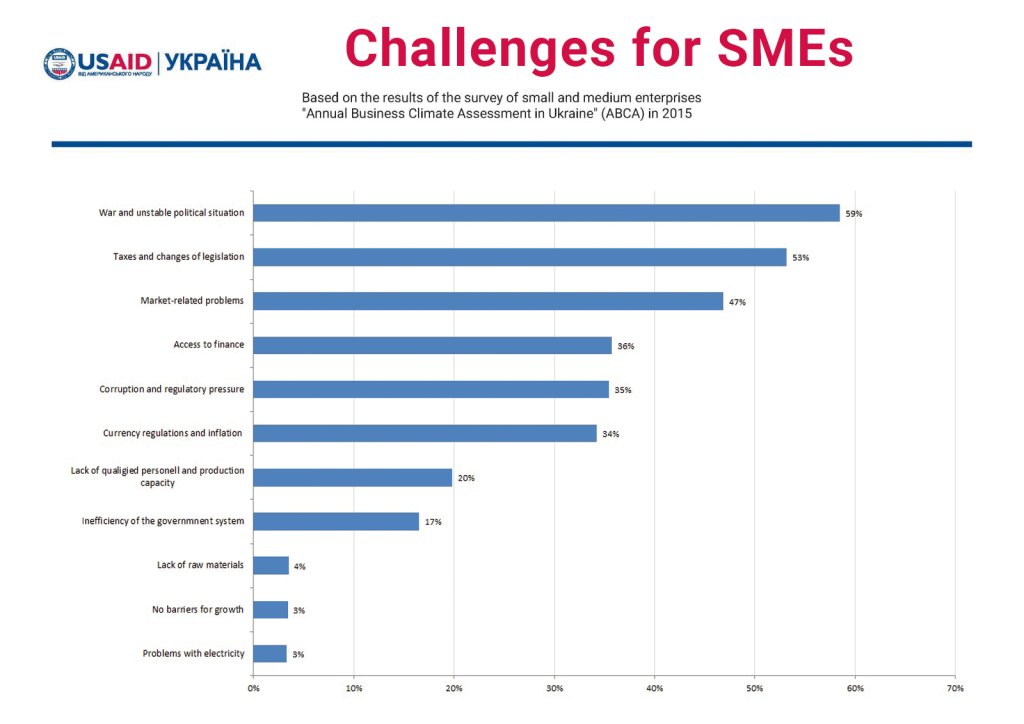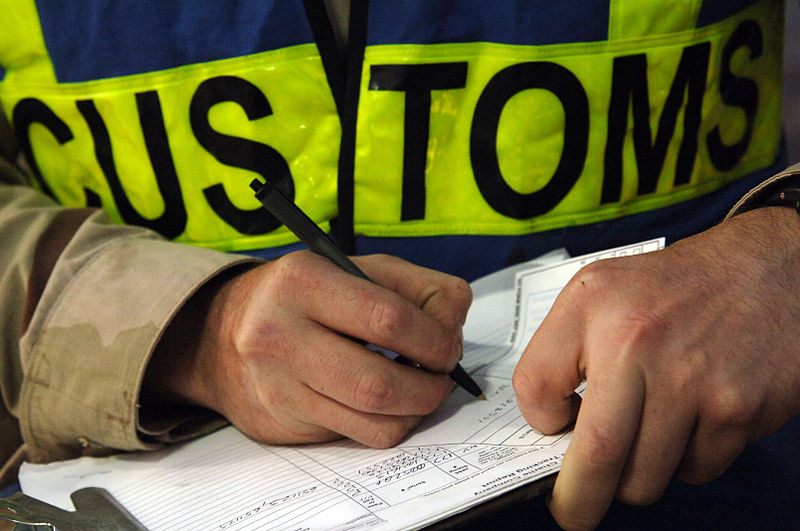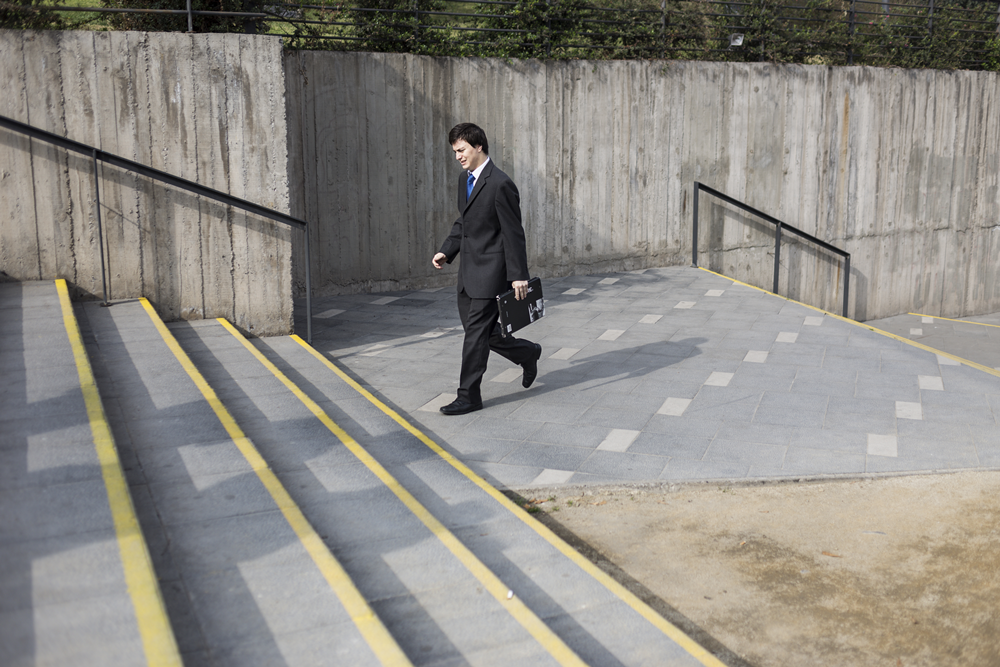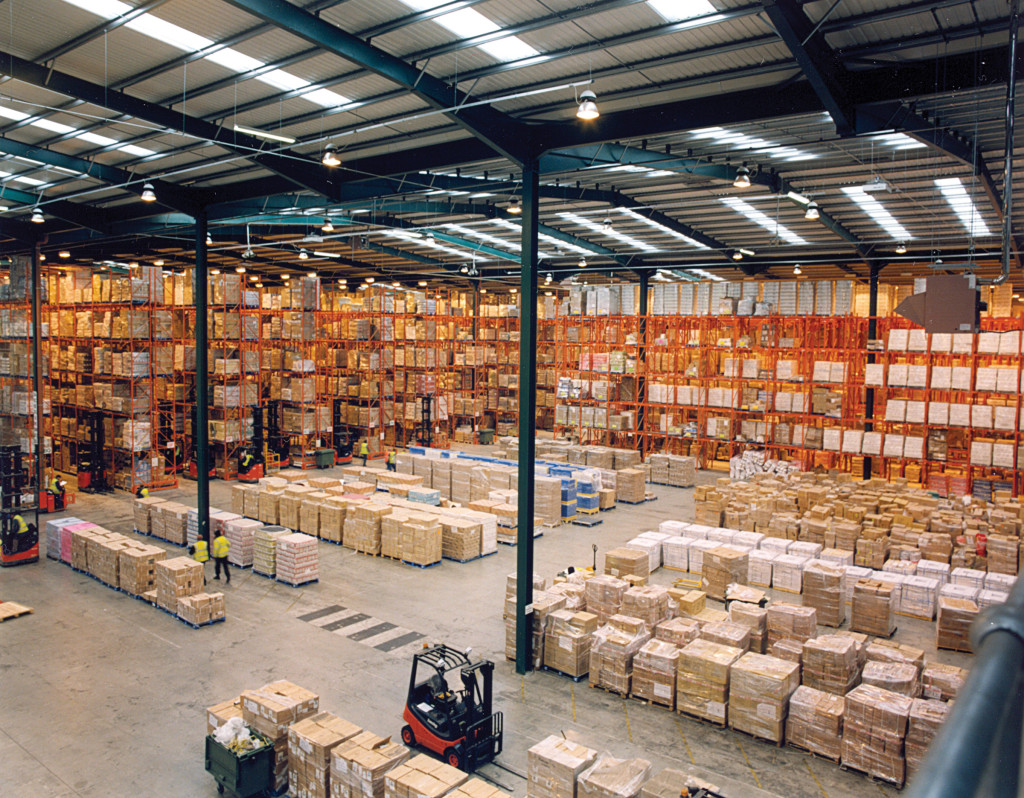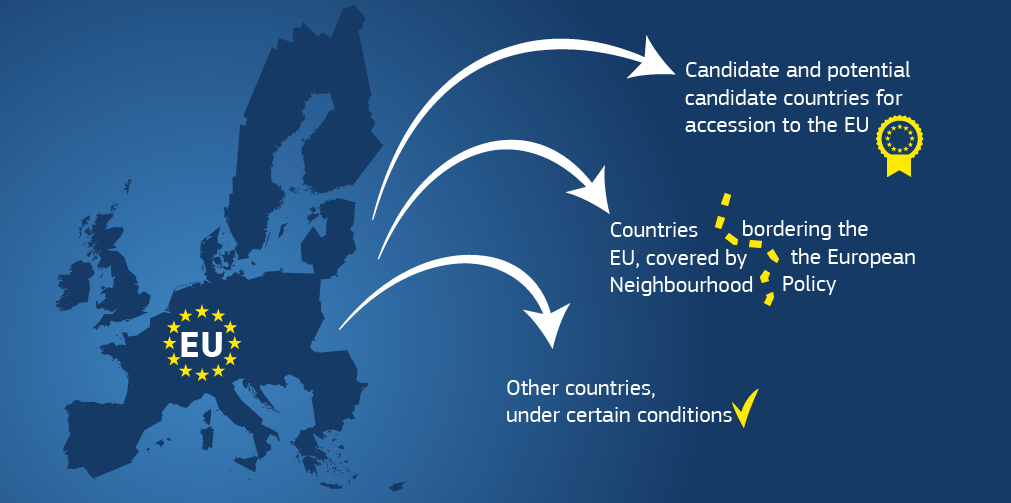
No Reforms – No MFA for Ukraine
BY
Oleksandra Betliy AND The Institute for Economic Research and Policy Consulting - Kyiv / December 11, 2017
It became clear that Ukraine has failed to receive the third and final tranche of the MFA III. Initially, the MFA III at EUR 1.8 bn was agreed in 2015 under a number of conditionalities that envisaged 22 measures in the areas of energy, public financial management, anticorruption policy, etc.



